He Wanted the Kingdom of God on Film
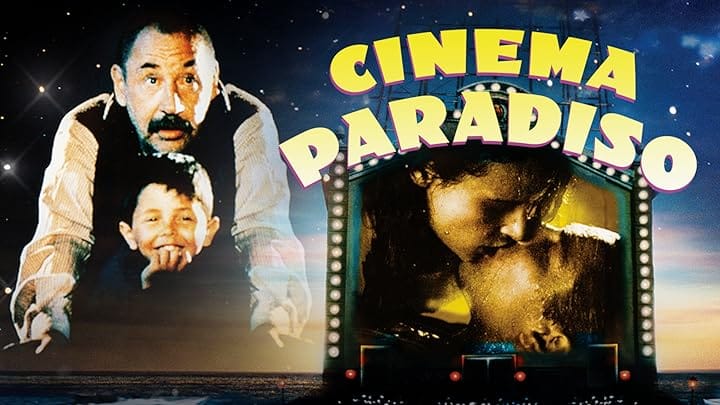
Greetings! The posts for this weekend don't have a strong unifying theme, except perhaps for the Oscars, at which both movies had and will have a presence. Today's entry was prompted by a local screening of Cinema Paradiso. Given this newsletter's name it was essential viewing, even if the movie itself is less divine than comedy.
It cannot be overstated how much Ennio Morricone carries Cinema Paradiso. The movie has several things going for it, including its instantly-iconic ending, but far fewer viewers would have made it to that grand finale without Morricone's big, stirring strings pushing them along. Without the musical score the movie would lurch haplessly between garish comedy and a story overstuffed with malnourished drama. The two impulses still don't gel even with it, but the music layers a consistent mood over them, guiding the viewer to the last scene, where everything at last works toward a unified purpose of blissful cinephilic pornography.
For much of its runtime, though, the movie struggles to come together. There's nothing inherently wrong with the story of acclaimed director Salvatore "Toto" Di Vita (Jacques Perrin), reminiscing on the curmudgeonly projectionist Alfredo (Philippe Noiret) who taught him how to operate a film projector as a boy (Salvatore Cascio), and taught him as a teen (Marco Leonardi) how to live and love and find his future beyond their provincial Sicilian village Giancaldo and its theater, Cinema Paradiso. Nothing wrong! It is a sturdy foundation for a wistful melodrama. But a melodrama needs tension and stakes to generate its big emotions, and writer-director Giuseppe Tornatore seems to have gotten that backwards, assembling a series of big moments without the narrative scaffolding to make them land.
There are some great scenes—I particularly love the one of Alfredo telling the story of a soldier who waits outside a princess's window—and they often look fantastic to boot; Blasco Giurato frequently makes great use of shafts of light and the elongated shadows they cast in the darkened theater and projection booth. But the pacing is wobbly, with the relaxed pace of the young Toto scenes being frequently broken by loud comedy, then transitioning to a teenage love story whose biggest gestures—a longing outside a window, a passionate kiss in the rain, a stint in the military writing love letters that are returned unopened—all involve Toto waiting long periods of time that pass by more or less in montage, seen rather than felt.
Salvatore being played by three actors doesn't help. While I do love the literal hand-off between Salvatore Cascio and Marco Leonardi—an edit that has Alfredo's hand covering the young Toto's face and then revealing him as a teenager—it spreads the story too thin. Jacques Perrin as middle-aged Salvatore inhabits the character as best he can, but except for a subplot that only exists in the director's cut of the film he doesn't get to play any dramatic scenes off of other actors. His big moments are all about remembering things involving the other two actors rather than anything we've seen him do.
It's Philippe Noiret's Alfredo who provides that sense of character continuity, as the film is effectively shaped around his performance. Alfredo's attitude toward Toto goes from irritation toward the persistent little moppet to grudging respect, to tremendous gratitude, to protectiveness and finally a firm, tough love. He gives the movie much-needed grounding, giving even his comic scenes the motivation they need to be effective. So strong a presence is Noiret, and so deleterious is the trifurcation of the movie's protagonist, that he received the 1990 BAFTAs Best Lead Actor award, with his child co-star Salvatore Cascio getting Best Supporting.
This was, alas, a mistake, and not a categorical one. I'm not going to ding a 10-year old for insufficiently infusing his character with depth and nuance, but too much of Cascio's performance strikes me as making faces for the camera, albeit exceedingly cute faces. Yet I'm not sure even that is his fault, as director Tornatore seems to have instructed half the cast to do the same. The village of Giancaldo is packed with caricatures--the clueless usher, the crazy homeless guy--whose buffoonery jars with everything else the movie is trying to do. The idea seems to have been to make the childhood scenes playful like Toto would have experienced them, then to pivot toward romantic yearning in the teen section and then weariness and wistfulness in middle age. It's something that works better in concept than in the execution. Even in dramatic scenes as late and pivotal as Toto's leaving home, the zany side characters will burst in with all the tact of a whoopie cushion.
Yet despite the grating tonal mismatch of the townsfolk, they do contribute to the movie's sense of time and place. Several of the villagers have mini-arcs across the three time periods, getting married or having kids or becoming more exhausted by the passage of time. Quite in contrast to their characterizations, watching the townspeople age along with Toto and Alfredo is quietly moving. So too the village of Giancaldo, filmed in several Sicilian towns including Tornatore's hometown. The childhood scenes highlight the city's ancient brick and stone buildings, including a school housed in what looks like the base of a ziggurat, while the city on Toto's return as an adult has been colonized by billboards and automobiles, continuity and tradition being hidden, defaced, or bulldozed to make way for the cold steel and flashy imagery of international commercialism.
Cinema itself ages over time, becoming the recollection of an image of a dream. Charlie Chaplin's City Lights gives way to Kirk Douglas in Ulysses before becoming a relic in the face of, "the economy, TV, videos." As Salvatore's old boss says, "The old movie business is just a memory." The point is driven home by the burned-out old Cinema Paradiso building, which Salvatore visits one last time before it too is demolished to make way for a parking lot, the crumbling walls of the derelict theater recalling a crumbling abbey in a 19th century Romantic painting: the sublime in ruins, the ruins sublime.
Cinema Paradiso is 35 years old now, longer than Salvatore's time away from Giancaldo and approaching the span of time covered by the entire story. A deeply nostalgic work, it is itself become an object of nostalgia. The march of time has seen the reels of film that are the basis of the movie's plot vanish almost completely, first with the rise of digital filmmaking, then the phasing-out of film projectors, and finally the migration of the movies to ever smaller screens. Culture is atomized among the subdividing deltas of the content stream. Communal film experiences are harder than ever to come by, reserved for the Barbenheimers of the world, special and rare events rather than weekly community gatherings. The sense of paradise lost is greater than ever, and so the movie gives us scenes of the raucous, regularly packed houses of the 1950s, of faces transported, trusting that the sentimental images of yesteryear are sufficient nourishment.
The ouroboros consumes itself at last in the sequence that even people who have never seen the movie know, the love montage. There is an out of body sensation to seeing this in a theater surrounded by others, surely electric when it was playing small packed enthusiastic houses as it made the film festival circuit in 89-90, now freighted with the all-too-appropriate melancholy of a diminished audience in 2024. As Ennio Morricone's agonizingly beautiful theme swells, the film, the film-within-the-film, cuts breathlessly between "pornographic" screen kisses cut from the old movies by Alfredo at the order of the town's censorious priest, interspersed with shots of Salvatore, in his theater, smiling in recognition and moved to tears, and here we are, in our theater, smiling for his smile, tearing for his tear, the purest, most exhilerating Kunderan kitsch. Salvatore's tear says: how beautiful is the power of cinema! Our tear says: how beautiful it is to be moved by the power of cinema! It is the second tear that makes Cinema Paradiso cinema paradiso.
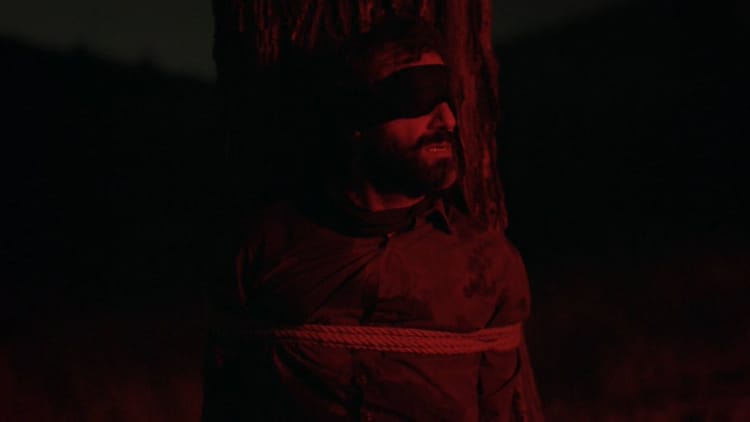
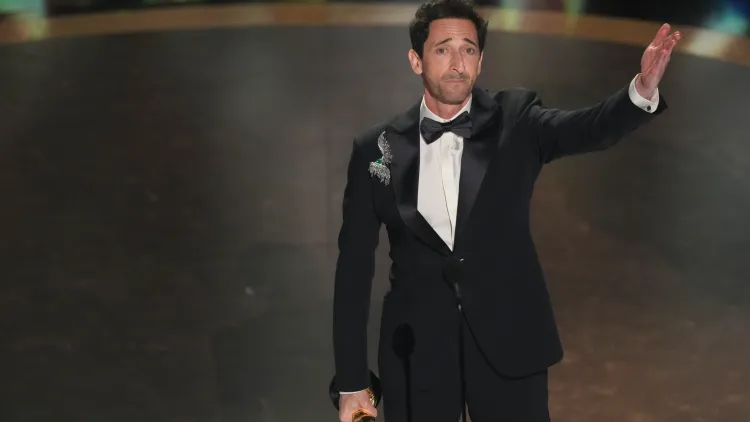
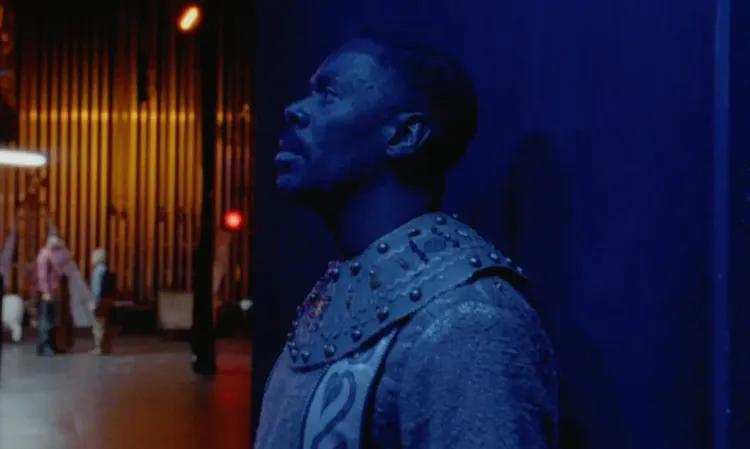
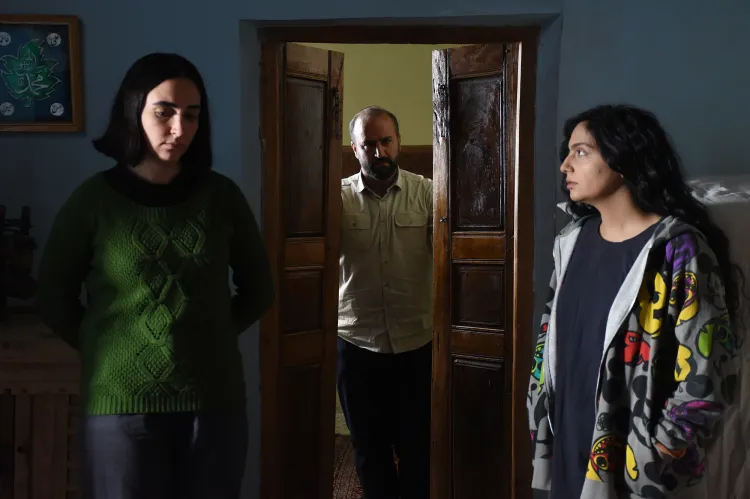

Member discussion